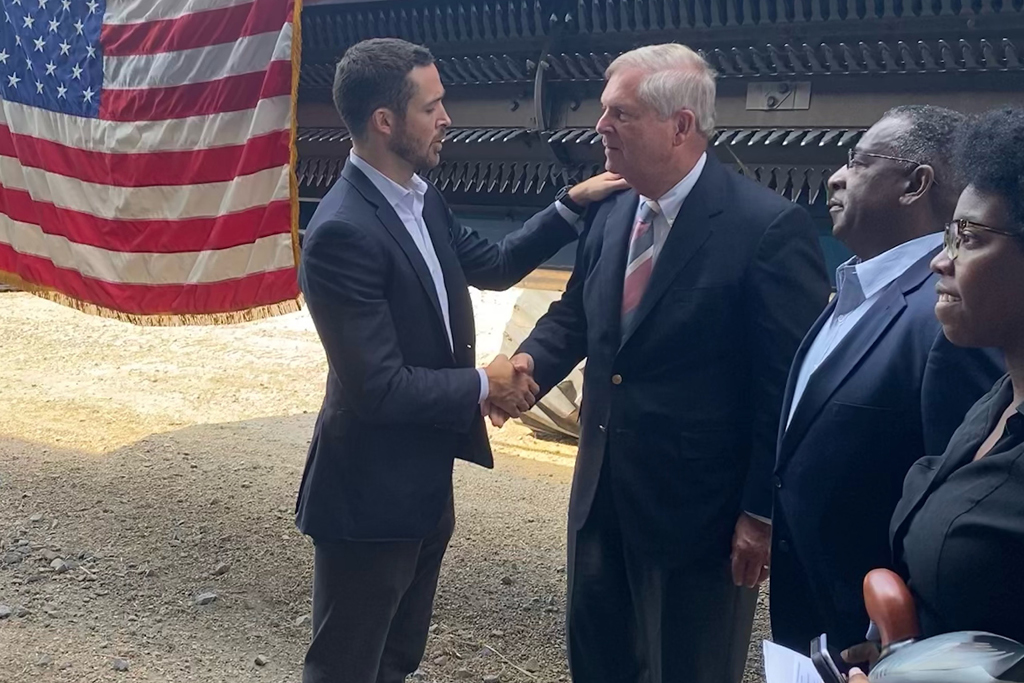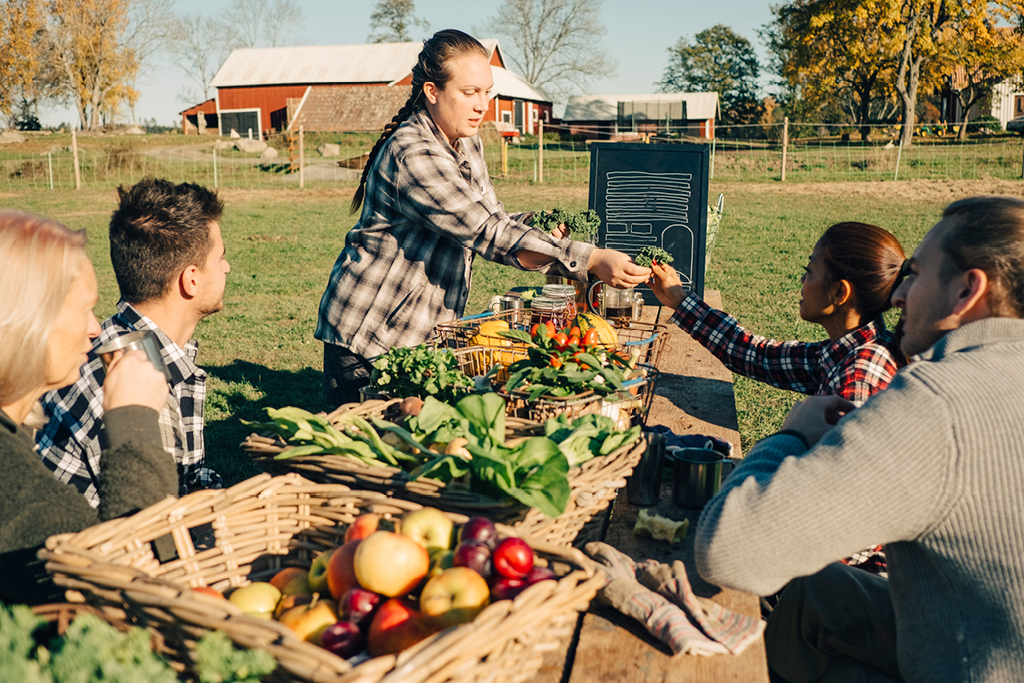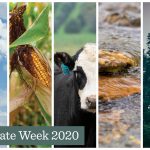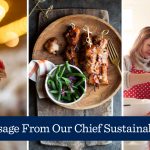Collaboration and partnership are two essential elements to creating positive sustainability practices and social impact; an approach Tyson Foods has embedded in how we work to accelerate change in our business and across the industry. This week, our industry was energized by a new opportunity that will boost our abilities to work together toward a collective vision for a better planet.
I was honored today to join U.S. Department of Agriculture (USDA) Secretary Vilsack in Arkansas, as he shared that Tyson Foods was the recipient of a Partnerships for Climate-Smart Commodities grant as part of the USDA’s investment of $2.8 billion to date across 70 projects in the United States.

Our project includes strategic program partners, such as Adams Land & Cattle, Alcorn State University, Bayer, Colorado State University, Deloitte Consulting LLP, Environmental Defense Fund, Griffith Foods, Iowa Select Farms, Landus, McDonald’s, North American Meat Institute, Rabobank, Scoular, Syngenta, Tennessee State University, Texas Tech University, U.S. Farmers and Ranchers in Action, U.S. Roundtable for Sustainable Poultry and Eggs, University of Arkansas, University of Tennessee, World Business Council for Sustainable Development and Where Food Comes From.
In addition to the USDA’s $61 million investment in our project, Tyson Foods is investing $42 million to accelerate the adoption and implementation of climate-smart practices and support underserved producers and U.S. rural and agricultural communities. Several of our strategic partners will contribute an additional $49 million over the duration of the project.
The idea for our climate-smart project grew out of the many conversations we’ve had with leaders and front-line managers across our supply chain, as well as with nonprofits engaged on-the-ground. With our investment and that of our program partners as well as the USDA grant, we plan to execute a five-year program that implements trainings, incentives and verifications to improve farmer and rancher livelihoods, increase carbon sequestration, and work to reduce greenhouse gas (GHG) emissions in Tyson Foods’ supply chain and beyond. In addition, the program will drive action toward Tyson Foods’ ambition to reduce GHG emissions by 30% by 2030 and achieve net-zero emissions across our global supply chain by 2050.
Of the 357 million acres of cropland in the United States, only about 10% use cover crops and 30% is no-till. There is tremendous potential to increase the use of sustainable land management practices on farm and ranch lands in the United States, but the key is providing farmers with the resources they need to be successful.
We’ve put farmers and ranchers in the center of the program we’ve designed, being thoughtful about how this program will be successful for the supply chain enablers we work with. Approximately 75% of the USDA grant funding for the project will go directly to farmers and ranchers, providing incentive payments and technical assistance to those adopting climate-smart practices, with the remaining 25% supporting program measurement, monitoring, reporting and validating.
Over the course of the five years of the program, there is the potential to reduce an estimated 1.9 million metric tons of GHG emissions and increase climate-smart agricultural practices across approximately six million acres. Equally important, the project will generate new revenue streams for farmers and ranchers with a focus on underserved producers. We expect through the effort to put nearly $100 million back into the pockets of the farmers and ranchers within Tyson’s value chain. The program as planned will also introduce an innovative platform to enhance transparency of sustainability data and greenhouse gas emissions across the beef value chain – critical to ensure the credibility of the outcomes being generated by the program participants.
However, to achieve the full ambition of the program, further collaboration is needed. Tyson Foods and its strategic partners are eager to engage others to help us reach the full scalable potential of the effort, and we welcome more partners to join us as we embark on this journey to create a future of sustainable agricultural practices across the United States.






